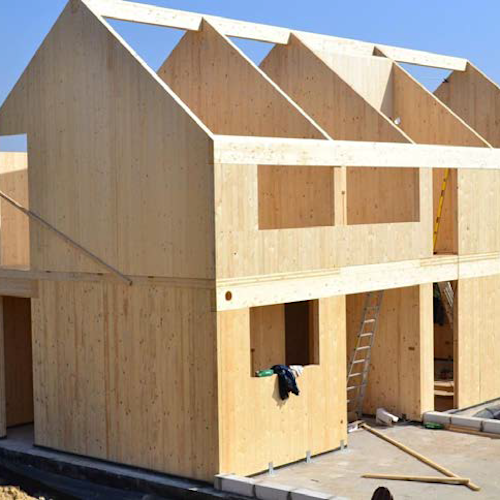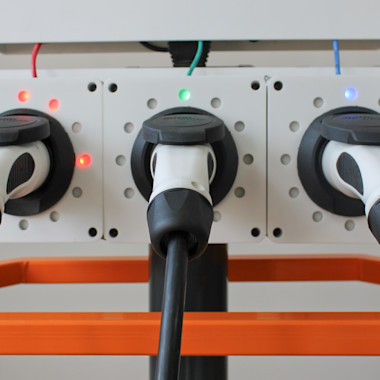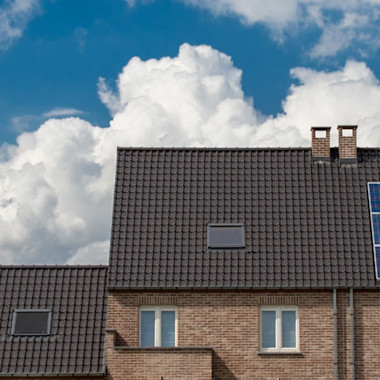-
Lees meer
Enormous transitions
CO2 or climate-neutral industries and mobility, circular entrepreneurship, a circular economy and natural gas-free living and working (sustainable energy) require transitions.
The scale and impact of these transitions is enormous. Our daily living and working environment are affected. And that means far-reaching decisions, changes and adjustments. The transition to a natural gas-free built environment is rightly called 'the great renovation of the Netherlands'.
Read more >
They are technical, financial and administrative, but above all social tasks.
Think, for example, of homeowners: the ones deciding which energy measures (sustainable energy) they are prepared to take. They decide based on their own values, possibilities, beliefs, phases of life and their local context. Or think of users and consumers, in the context of circular products. They want clear and effective communication about the new ways of buying products and services.
In order for supply to match demand, the interests and values of these users and owners must be clear. This allows the creative industries to translate the blueprint of the new system into interventions that tie in with these decision makers. This way, we can create behavioral change.
The creative industries have methodologies and approaches available to identify these interests and values. They can use this to contribute to solutions within the theme, in particular on the following three tracks:
-
Lees meer
1. Vision and imagination of the new system
The approach to comprehensive transition issues starts with forming a vision of the future; an imagination of the 'new' system that you want to achieve with the transition. A systemic redesign: from central to local. Citizens and companies themselves become actors in a new, context-consciously designed energy system.
Read more >
-
Lees meer
2. Empowerment: from sacrifices to opportunities by putting interests first
The creative industries link human and social interests to opportunities to encourage people to take action. Everyone can make their own contribution to the changes that are required of them. Designing for behaviour and behavioural change and empowering citizens to take action themselves play a major role in the transitions.
Read more >
-
Lees meer
3. Bid of customised interventions that motivate
The lines that have been set out, in combination with the insights into the values and interests of the users, can be translated into value propositions for bidding parties. Good information and support help with this. In addition, interventions must still be deployed correctly.
Read more >
We are currently working on an English version of the agenda. Please find the first chapter of the agenda in English here.





